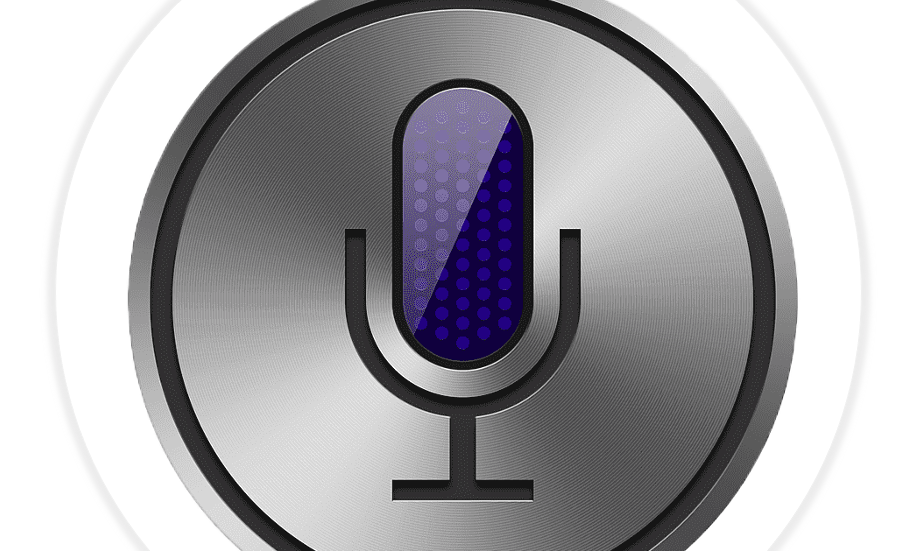Bing Beating Google, AI-SEO Future, Best Assistant

Bing Beating Google
Never mind the fact that Bing's revival is entirely based on third party technology, Microsoft is now out-innovating Google in search. And while Bing has less to lose than its rival, and so can take more risks, there's no question it's the more interesting competitor right now. Microsoft just announced it was getting rid of the waitlist and opening up BingGPT to everyone. The company also revealed its near-term roadmap. Among the new features and capabilities, BingGPT and Edge will become more integrated in a forthcoming browser redesign. BingGPT results will also become more visual (input and output), with Image Creator being brought directly into Bing chat. Chat history will be stored and "persistent chat" will soon be a thing, leading to greater personalization. Microsoft also said that "third-party plug-ins [are coming to] the Bing chat experience ... For example, if you’re researching the latest restaurant for dinner in Bing chat, it will leverage OpenTable to find and book a reservation."
Our take:
- While I find it annoying that BingGPT is only accessible through Edge, their deepening integration is strategic for Microsoft.
- Boundaries are blurring with generative AI capabilities: consumption vs. creation. "Search engine" might become an obsolete term.
- Many of the announcements are interesting. But the platformification of Bing with third party plug-ins could be quite significant.
Post-AI Future of SEO
In Near Memo episode 112 with Claire Carlile, coming next week, we discuss the need to diversify your local marketing portfolio beyond GBP and Google organic search. The same theme emerges in a provocative piece entitled "The Future of SEO in a Post-ChatGPT World." It considers the impact of generative AI on SEO and how to respond. One recommendation is: explore other channels if "traffic from SEO disappears." Most marketers already use a multi-channel strategy but why does author Ryan Law say this? He argues, generative AI "will dramatically increase the amount [and length] of SEO content published each day." This will make organic ranking more competitive. Companies will target more keywords, also increasing competition. And he anticipates more "programmatic SEO" (again, more content). Law further speculates about how Google might respond: even more author/E-E-A-T emphasis and a focus on "information gain" (original information). Finally, he envisions driving traffic getting harder, with more zero-click results and niche-search engine fragmentation.

Our take:
- The main argument is that generative AI makes creating content faster, easier and cheaper and so there will be a ton more of it.
- Ranking in organic search has been been getting harder. That will likely continue, given increased content-driven competition.
- How Google responds will be fascinating. But developing an alternative game plan that hedges with non-search channels is wise.
'Worlds Best Personal Assistant'
One question to consider is: where do Siri, Google Assistant and Alexa play in the brave new world of generative AI? AI is the future of search but will new entrants simply blow by these venerable "voice assistants" or will they be reinvented with large language models (LLMs)? Edison Research surveys show that smart speaker ownership, for example, stalled at an estimated 103M people (US), with Alexa devices still dominant. (Siri is the most widely used voice assistant overall.) On Amazon's Q1 earnings call CEO Andy Jassy said the company intends to use LLMs to reinvigorate Alexa and turn it into "the world's best personal assistant." Siri was the first out of the gate but is the weakest of the group. Apple reportedly wants to use LLMs to make it better. However, the company faces multiple internal challenges. For its part, Google hasn't signaled where Google Assistant fits in its overall AI mix. The company is apparently working on a homescreen widget for Bard on Pixel phones. What does the future hold for our fair voice assistant trio?

Our take:
- While most iPhone owners use the phone's speech capabilities, nobody is buying the iPhone for Siri at this point.
- Google recently merged the Bard and Assistant teams. So the question is really what "brand" Google decides to go with in the future.
- As AI tools, autonomous agents and AI powered search get better and better, the personal assistant metaphor may replace "search engine."
Short Takes
- How multi-location brands should use Apple Biz Connect.
- Yelp Q1 revenue up on CPC rise, not advertiser growth.
- Healthy iPhone sales powered successful Apple quarter.
- Google says it has "no moat" when it comes to AI.
- ChatGBP: Someone creates an AI based GBP content tool.
- FTC says Meta violated privacy agreement, wants under-18 data ban.
- Shopify has upbeat earnings, sells logistics unit, lays off another 20%.
- DoorDash is winning food delivery, revenues soar 40% in Q1.
- Gannett revenue flat but digital in better shape.
- Privacy: consumers having trouble with opt-out processes.
- Google announces first foldable phone, the Pixel Fold.
- Google begins rolling out password alternative passkeys.
- The incredibly noisy martech landscape – now 11K+ and still growing.
- How the fight for traffic undermined journalism.
Listen to our latest podcast.

How can we make this better? Email us with suggestions and recommendations.

